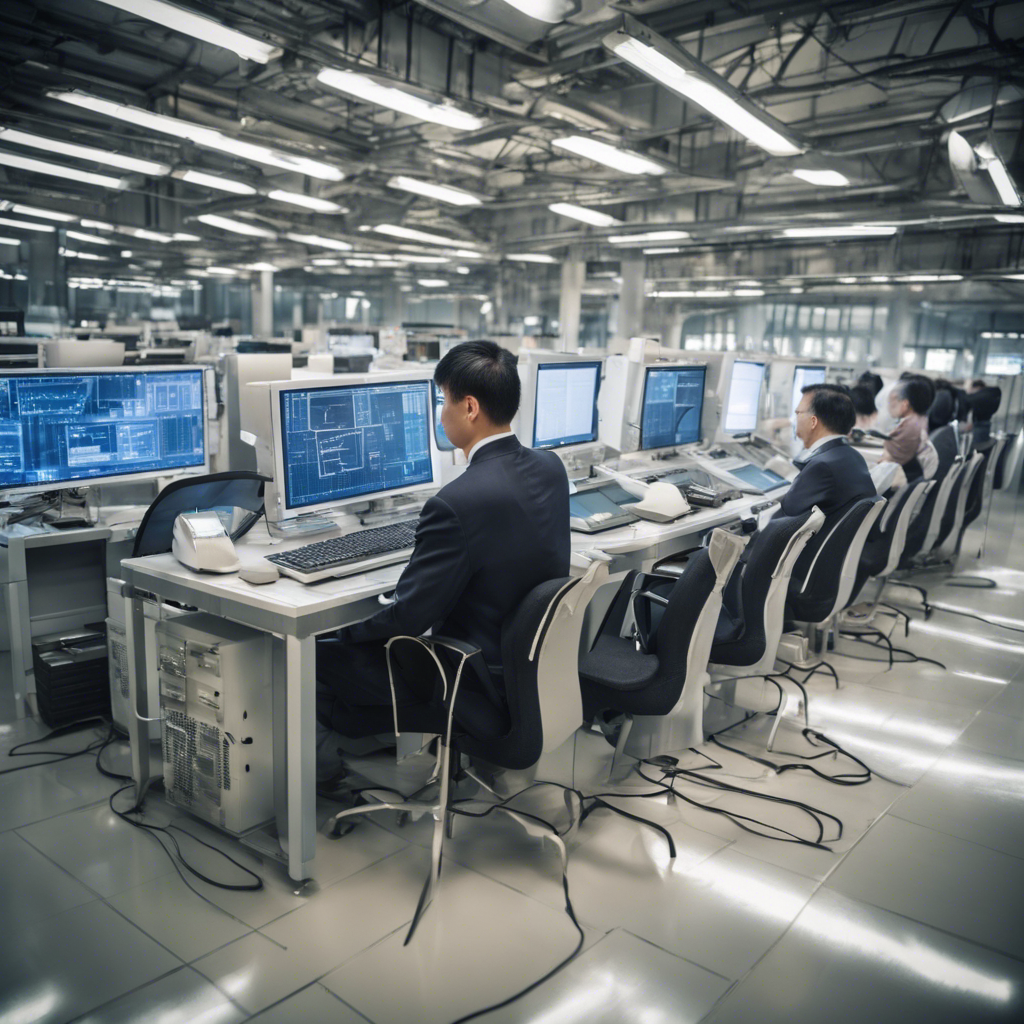The Paradox of Technology: Saving Time or Filling Time?
In today’s fast-paced world, technology has become an integral part of our lives, promising to make tasks easier and save us time. However, recent research suggests that instead of freeing up our schedules, technology is actually filling our time with more tasks and responsibilities. This article delves into the growing evidence that digital devices are reshaping our perception of free time and explores the consequences of this phenomenon on our well-being and productivity.
The Transformation of Empty Moments
The advent of smartphones and other digital devices has transformed our perception of “empty” moments. Instead of embracing these periods of downtime, people now fill them with various tech-based tasks. Whether it’s waiting for a bus, waking up in the morning, or lying in bed at night, individuals reported using brain training apps, creating to-do lists based on social media feeds, and engaging in other forms of life administration. This shift suggests that quiet moments of reflection and daydreaming are now being replaced by technology-driven activities.
The Quest for Productivity and Achievement
Technology’s impact on our perception of free time is rooted in the belief that simply engaging in traditional activities like eating dinner or watching TV is not enough. In an attempt to avoid wasting time, people multitask by browsing the web for self-improvement ideas and striving for a sense of achievement. Although some of these tasks may seem time-saving on the surface, such as online banking eliminating the need for physical visits to the bank, research indicates that technology is actually contributing to a denser form of life. People often feel guilt, shame, and regret after filling their free time with online activities, perceiving them as less authentic and worthwhile than real-world experiences.
The Intensification of Work
Technology’s impact on our lives extends beyond leisure time. Changing working patterns, enabled by digital tools, have blurred the boundaries between work and personal life. The rise of remote and hybrid work has made it easier for individuals to extend their work hours, leading to an intensification of work. The constant availability and speed of communication through email and online meetings have accelerated the pace of life, leaving little room for breaks or personal time. The inefficiency of poorly designed technology also contributes to increased workloads, as individuals find themselves duplicating efforts across different systems.
The Need for Balance and Disconnection
As technology continues to encroach on our time, it is crucial to reclaim our right to disconnect and prioritize balance. Breaking free from the habit of constantly filling time with tasks requires a shift in mindset, accepting that it is okay to do little or nothing at times. In the workplace, employers and employees must create an environment that promotes disconnection and realistic expectations about workloads. Some European countries have already implemented legislation, known as the right to disconnect, which ensures that employees are not obligated to be available outside of working hours.
Conclusion:
While technology was intended to make our lives easier and more efficient, it has inadvertently led to the filling of our precious free time with tasks and responsibilities. The illusion of saving time has resulted in a denser, more demanding form of life, impacting our well-being and productivity. Reclaiming our time requires a shift in mindset and the establishment of boundaries, both individually and within the workplace. By striking a balance between technology and disconnection, we can regain control over our time and prioritize what truly matters.











